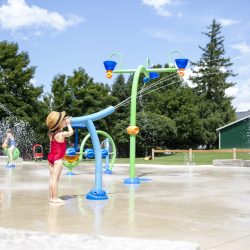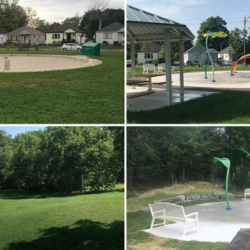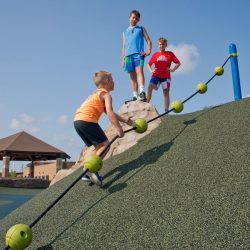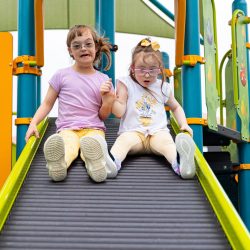The Social Impact of Sports, Physical Activity, and Recreation in Canada
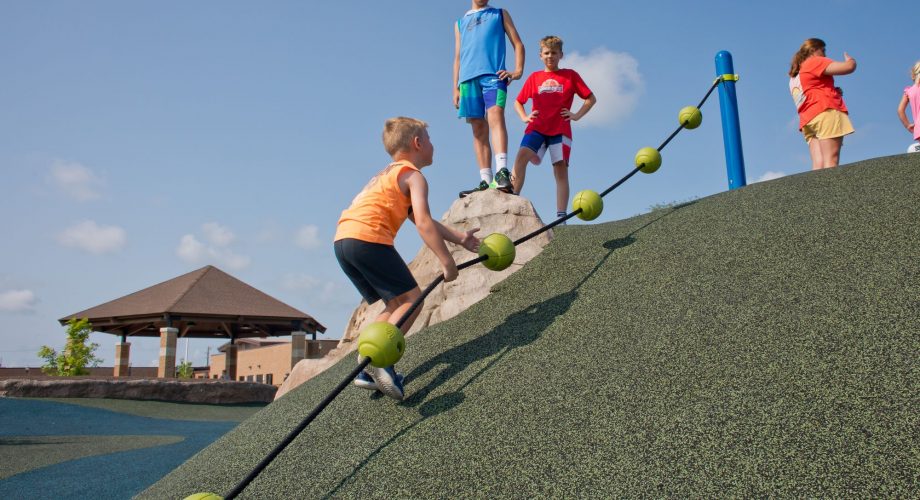
Sport, physical activity and recreation are vital contributors to creating healthy individuals and vibrant and inclusive communities. Beyond their obvious benefits for physical health, these activities and outdoor spaces like parks have a profound influence on the social fabric of communities. From fostering teamwork and camaraderie to promoting inclusivity and personal development, here are some ways that recreation and physical activity contribute to the well-being and cohesion of individuals and communities.
A recent study conducted by the Canadian Fitness and Lifestyle Research Institute (CFLRI) and the Canadian Parks and Recreation Association (CPRA) found that regular participation in sports, physical activities and recreation can promote physical and mental health, including reducing the risk of chronic diseases and cardiovascular conditions. Plus, engaging in physical activity releases endorphins, which can alleviate stress and improve mood, contributing to better mental well-being.
The study also found that sport has the ability to bring people together and foster social connections. Whether it’s playing on a team, interacting on a playground, or participating in recreation leagues, individuals have the opportunity to connect with others in a meaningful way. These social interactions can result in friendships and foster a sense of belonging. Through shared experiences and common goals, sport strengthens bonds and promotes inclusivity, which can ultimately build stronger communities.
Individuals who participate in sport and recreation are found to gain values and life skills that are invaluable both on and off the field or playground. Team sports and group activities like playing tag at a playground teach individuals the importance of teamwork, cooperation, and communication. Sportsmanship and fair play are integral to sports and games and foster respect, integrity, and empathy among participants. These values and skills transcend sport and empower individuals to navigate various aspects of their lives with confidence and integrity.
Lastly, the study found that sport has the ability to empower youth and promote education, offering them opportunities for personal growth, skill development, and academic success. Participation in sports has been associated with higher levels of academic achievement and improved attendance. Plus, organized sports provide youth with mentors and role models.
The social impact of sport, physical activity, and recreation extends far beyond the realm of athletics. From promoting health and well-being to fostering social connections, instilling values, and empowering youth, sport and recreation play a multifaceted role in shaping individuals and communities. By recognizing and harnessing the power of physical activity, we can leverage its potential to build healthier, more inclusive communities.
We’re proud to partner with clients to provide outdoor recreation solutions that promote inclusivity, learning, and help foster social skills. Reach out to us to learn more about how you can add play value to your community!

